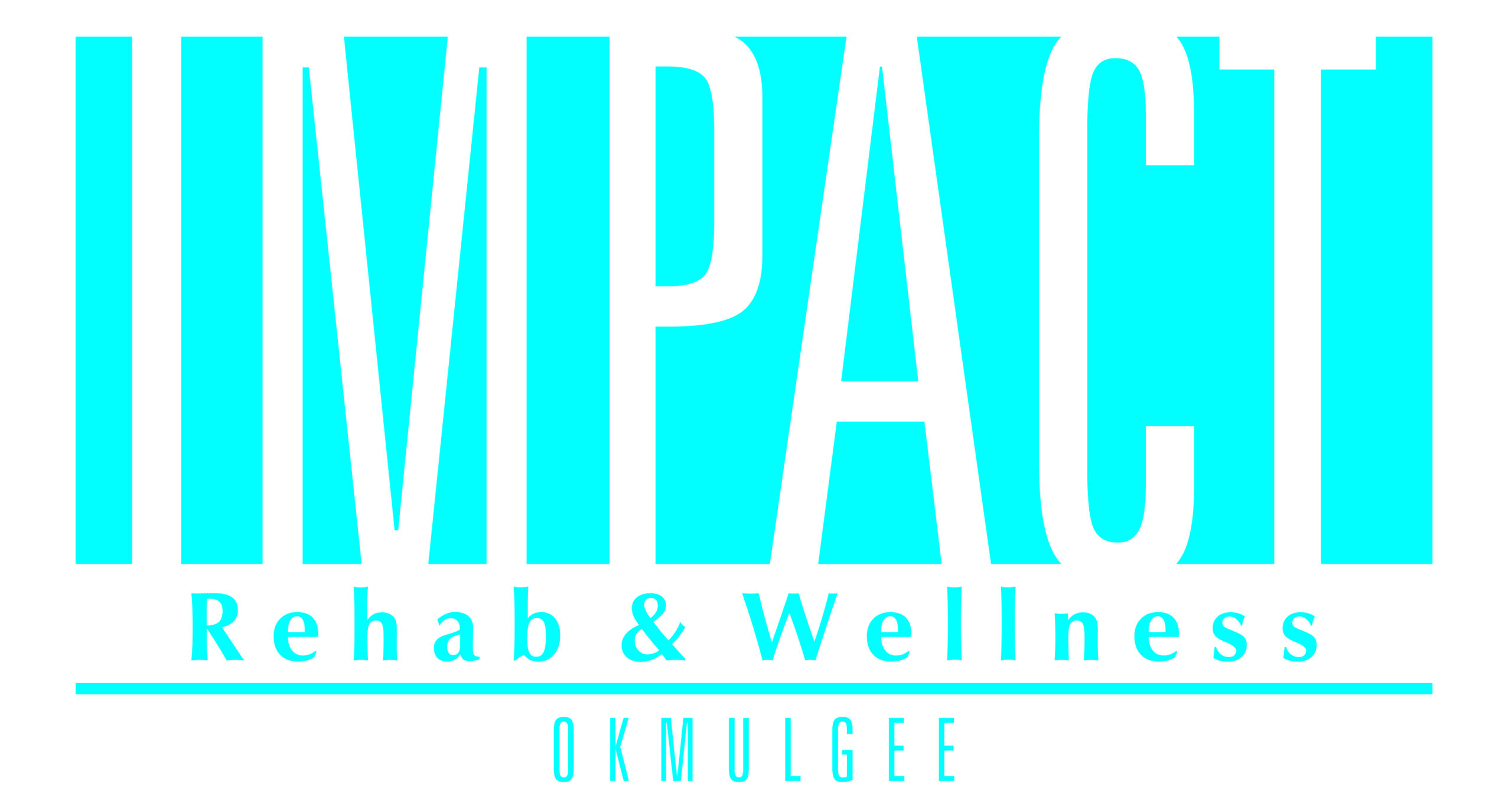Key Conditions: Total Knee Replacement, Total Hip Replacement, Rotator Cuff Repair, Post-Surgical Rehabilitation, Recovery from Injury, Recovery from Hospitalization
We’ve all heard of going to physical therapy after surgery, but what would happen if you went before surgery? Prehabilitation, or “prehab,” is when you attend physical or occupational therapy prior to your orthopedic surgery. It can help prepare your body and your mind for what’s to come.
Emotional Benefits
Traditionally, patients are referred to physical/occupational therapy anywhere from 3 to 14 days after they have surgery. During this time, patients are often in pain, under the influence of pain medication, and scared that physical therapy will hurt them. When they come to see us, they have no idea what to expect and they’re usually scared. Our first obstacle is overcoming their preconceived notions about therapy.
However, if you attend prehab, you’ll already have a relationship with your therapist, as well as the staff. You’ll be able to voice your concerns and ask your PT/OT questions before surgery. Additionally, you’ll be more mentally prepared going into surgery than the vast majority of people!
Physical Benefits
In addition to the emotional benefits of prehab, there are also many physical benefits. The primary focus of prehab is to establish an exercise routine prior to surgery. This will make your recovery easier!
There have been several studies on the effects of prehab. They’ve shown that patients who complete strength, aerobic, and flexibility exercises prior to surgery are less likely to need inpatient rehabilitation. Not to mention, they usually recover faster!
Your therapist will prescribe exercises to improve your strength and flexibility. This helps jump start recovery. Usually, this can be done in just a few visits. Once you feel comfortable with the exercises, you can move on to a home exercise program.
Nutrition for Recovery
Nutrition is an important part of your recovery! While in prehab, it’s a great time to consider adjusting your diet. By making small changes you can decrease inflammation and help with the healing process.
Unhealthy trans fats and saturated fats found in processed foods can cause inflammation. Cutting these out is a good first step towards cleaning up your diet prior to surgery.
Also, it’s recommended to limit foods that are high in sugar. This includes (but is not limited to) candy, soda, and pastries. The best way you can satisfy your sweet tooth is to eat fruit.
It’s also important to eat healthy fats, protein, and fiber. For a healthy source of omega-3 fatty acids, try snacking on walnuts, chia and flax seeds, or cooking up some wild salmon for dinner. These foods fight inflammation that causes pain in your joints.
A common side effect of pain medication is constipation. By simply adding foods high in fiber, you can help to avoid unpleasant bowel issues after surgery. Adding fiber into your diet is easy with the abundance of whole grains and dark leafy vegetables available year round. An added bonus is that these food are also high in vitamins and minerals!
Finally, make sure you’re consuming enough protein. That way, your body is fueled to build healthy tissue during your recovery.
Cleaning up your diet before your operation will drastically help your recovery in the weeks following surgery.
Prehab is an opportunity for you to become proactive in your recovery, even before your surgery!
